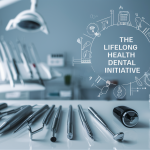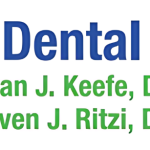
“Timing is everything” was made popular by none other than the bard himself, William Shakespeare in “Julius Caesar.” How apropos!
Half the year is over. Now is the perfect time to step back and reassess. It’s also the perfect time to evaluate new opportunities.
The issue of cognitive decline is front and center in the public’s eyes for obvious reasons. I’m sure sales of Prevagen® have skyrocketed. That’s why NOW is the time to discuss this with your patients and referral sour...
Read More






